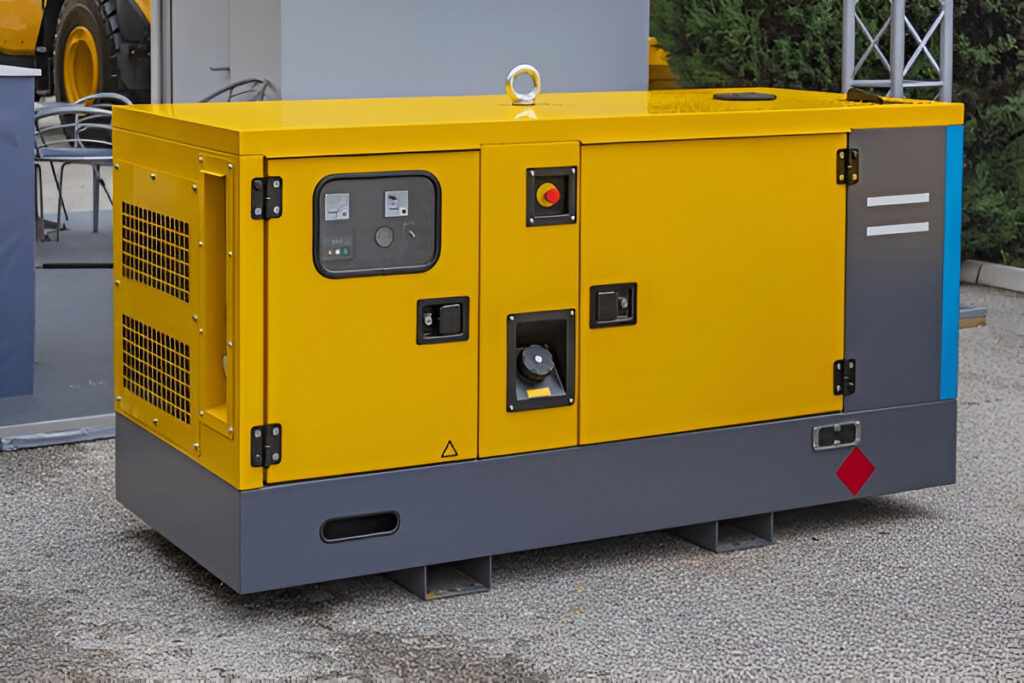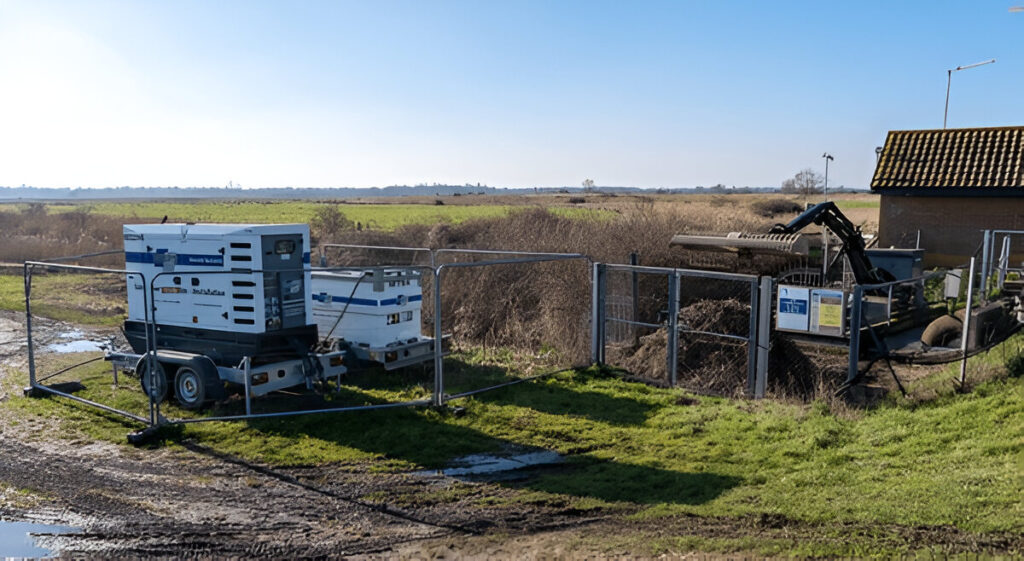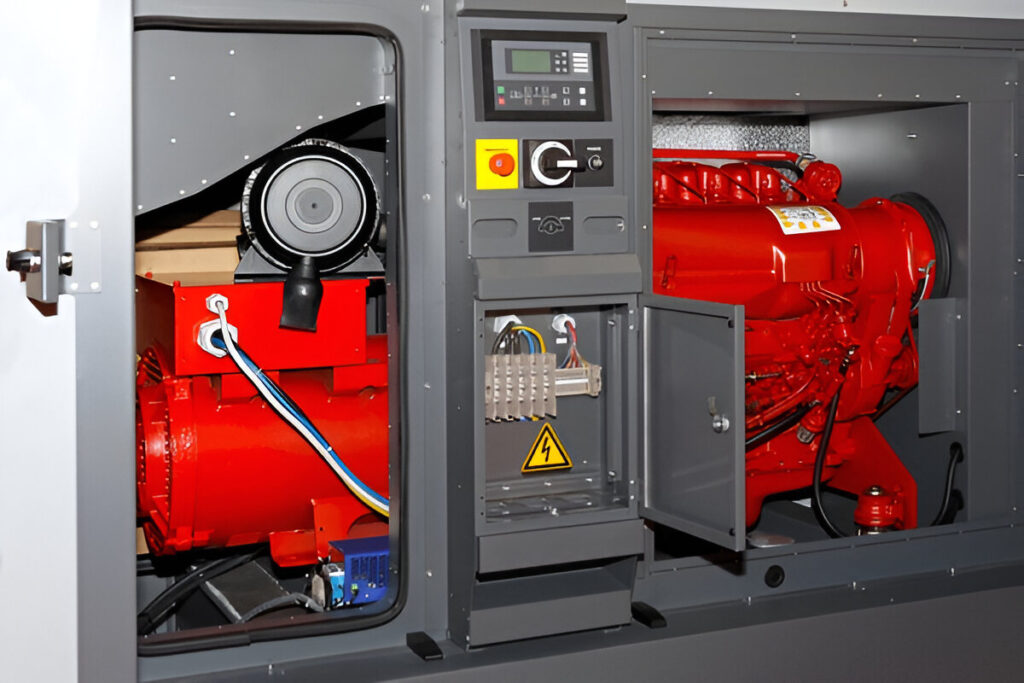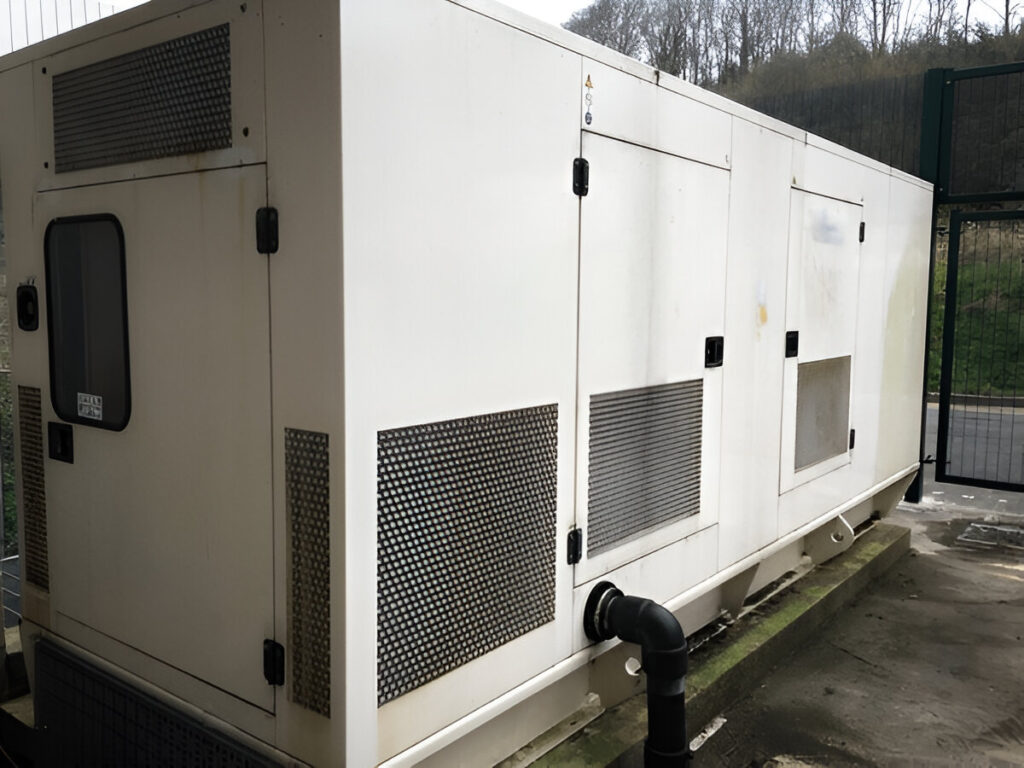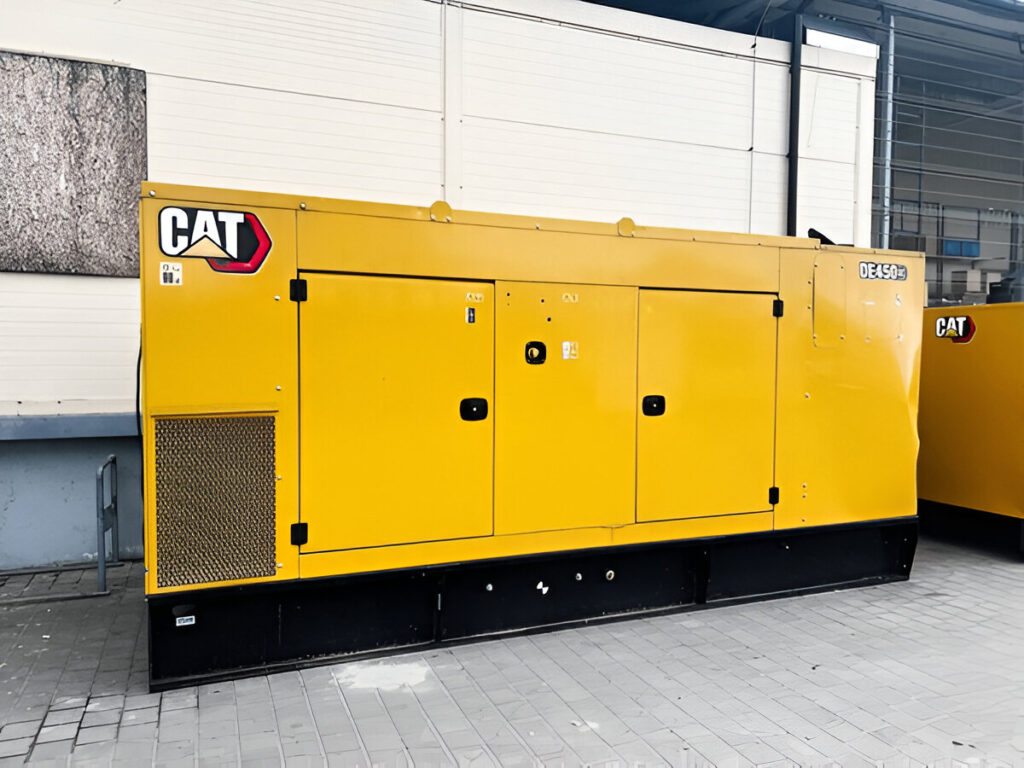When choosing the right power solution for your home, business, or industrial site, selecting between diesel fueled generators and gas-powered options can make a significant difference in cost, performance, and long-term reliability. Both have unique advantages and potential drawbacks depending on your needs. In this blog, we’ll break down the pros and cons of each, helping you make an informed decision when browsing for a generator for sale.
What Are Diesel Fueled Generators?
Diesel fueled generators use diesel fuel to power an internal combustion engine that converts mechanical energy into electrical energy. They’re widely used for backup power in commercial, industrial, and remote applications where reliability and efficiency are top priorities.
Pros of Diesel Generators:
- Fuel Efficiency: Diesel engines burn fuel more efficiently than gasoline, providing more power output per gallon.
- Durability: Built for rugged use, diesel generators often last longer and require less frequent maintenance.
- Lower Operating Costs: Although the initial investment may be higher, the long-term fuel savings and low maintenance needs can balance the cost.
- High Torque Output: Diesel engines provide strong performance even under heavy loads, making them ideal for industrial use.
- Availability of Options: BC GENERATORS offers premium brands like CAT generators and Cummins generator Canada models for reliable performance.
Cons of Diesel Generators:
- Higher Upfront Cost: Diesel generators typically cost more than gas-powered models.
- Noise Levels: Older models can be noisy, although newer units are much quieter.
- Emissions: Diesel combustion produces more pollutants than gas, though many models now meet environmental standards.
What Are Gas Generators?
Gas-powered generators typically run on natural gas or gasoline. They’re a popular choice for home use, light commercial backup, and short-term power needs.
Pros of Gas Generators:
- Lower Purchase Price: Gas generators usually have a lower initial cost, making them accessible for smaller budgets.
- Readily Available Fuel: Gasoline is widely available and easy to store in small amounts.
- Quieter Operation: Gas engines tend to run more quietly than older diesel models.
- Good for Light Loads: Perfect for small-scale use such as powering appliances, tools, or electronics.
Cons of Gas Generators:
- Higher Fuel Consumption: Gas engines are less fuel-efficient, which can lead to higher operating costs over time.
- Shorter Lifespan: Generally, gas generators require more frequent maintenance and may not last as long as diesel options.
- Safety Concerns: Gasoline is more flammable than diesel and can pose a higher risk in storage or during refueling.
Choosing the Right Generator for Your Needs
When considering a standby generator in Canada, the choice between diesel and gas comes down to usage, location, and budget. Diesel is often preferred for industrial or high-demand backup needs, while gas works well for residential or low-power applications.
BC GENERATORS offers a wide variety of products to suit every requirement:
- Looking for a long-term investment? Consider our range of diesel fueled generators.
- For affordable power solutions, check out our inventory of used generators for sale.
- Need a trusted brand? Browse top options like CAT generators or Cummins generator Canada.
- Preparing for outages? Invest in a reliable backup generator in Canada to keep your operations running smoothly.
Final Thoughts
There’s no one-size-fits-all solution when comparing diesel vs. gas generators. Diesel generators offer superior longevity and fuel efficiency, making them ideal for heavy-duty or long-term use. Gas generators, on the other hand, are affordable, easy to maintain, and well-suited for occasional or low-load power needs.
At BC GENERATORS, we’re here to help you make the right choice. Whether you’re searching for a new or used generator for sale, our expert team can guide you toward the best solution for your specific situation.

